
23 August 2019
By Tim Koch
Tim Koch previews a piece of living history.
If a pub quiz asked what rowing’s oldest event is, most ale house academics (and many rowers) would answer either the Oxford – Cambridge Boat Race (1829) or Henley Royal Regatta (1839). Few would know that it is, in fact, a single sculling race, the curiously named ‘Doggett’s Coat and Badge Wager’, a contest that has been run continuously since 1715 and which this year takes place on 4 September. The obscurity of Doggett’s is, in large part, because each annual race is only open to six people under the age of 26 who, in the previous three years, have completed the long apprenticeship to qualify them to carry goods and people on the River Thames. If that were not enough of a barrier to entry, the course itself should dissuade all but the brave or the foolish. It runs from London Bridge to Chelsea, that is 7,400 metres of unsettled and unsuitable water containing washes, bends, bridges and currents. The prize for this winner of this mad event is suitably eccentric: the scarlet costume of an 18th-century waterman, complete with buckled shoes, white stockings, knee britches, and a high-collared tunic, a sleeve of which sports a solid silver badge the size of a dinner plate. The less tangible prize is the honour of lifelong membership of a band of brothers. A Doggett’s winner still has enormous prestige in the tightly knit community of the Thames Watermen and their families, many of which have worked the river together for generations.
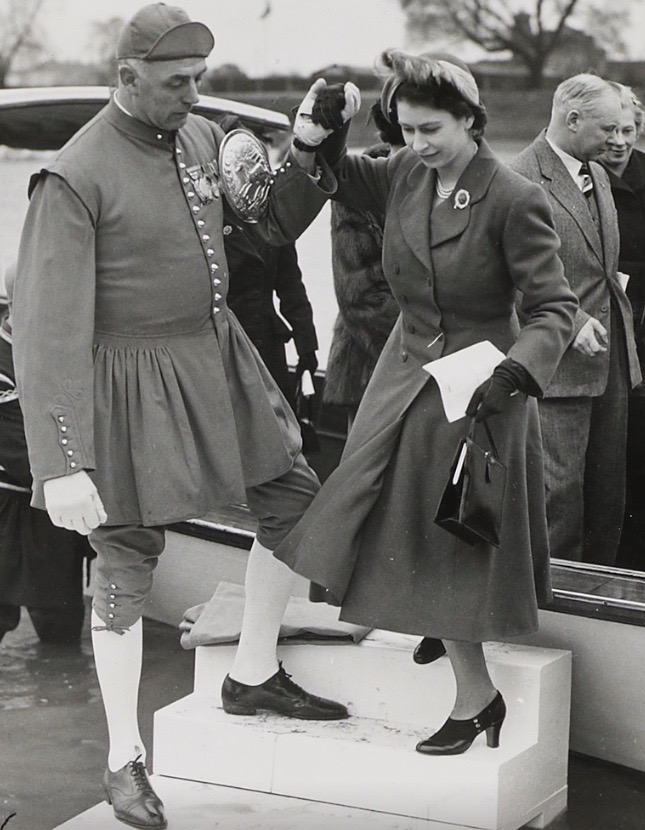
This year, there are no returning competitors, so this year will be a first-time Doggett’s for all four entrants.

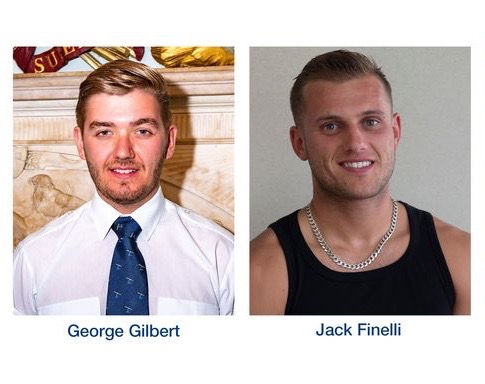
Typically, this year’s Doggett’s has little in the way of a form guide when attempting to assess the hopefuls. The brief resumé released for each tells us that Berry is ‘a newcomer to rowing’ but that he is ‘experienced in Brazilian jiu jitsu’. Equally, Finelli is ‘relatively new to rowing but loves it and spends most of his free time on the water’. However, Gilbert ‘is an experienced rower, having been to Henley when he was younger’ and Keech ‘started rowing at a young age in London’s Royal Docks’ and ‘was the UK national youth sailing champion in 2015 and sails for GB’. I am guessing that Gilbert rowed sweep in a club event at Henley – which is more experience than many Doggett’s first-timers but does not necessarily indicate potential in a long-distance single sculling race. Keech is clearly used to training, competing and winning at a high level in sailing and, I imagine, is pushed hard in his sculling by his brother, Jack, who won Doggett’s convincingly in 2017, and also by his father, Tim, who came second in 1983 and 1984. Further, Patrick is related to the Dwans, the family with the most living Doggett’s winners, five, so he probably has no shortage of high-quality coaches. On the scant information that I have, it seems obvious to predict a win for Keech – unless Old Father Thames has other ideas.

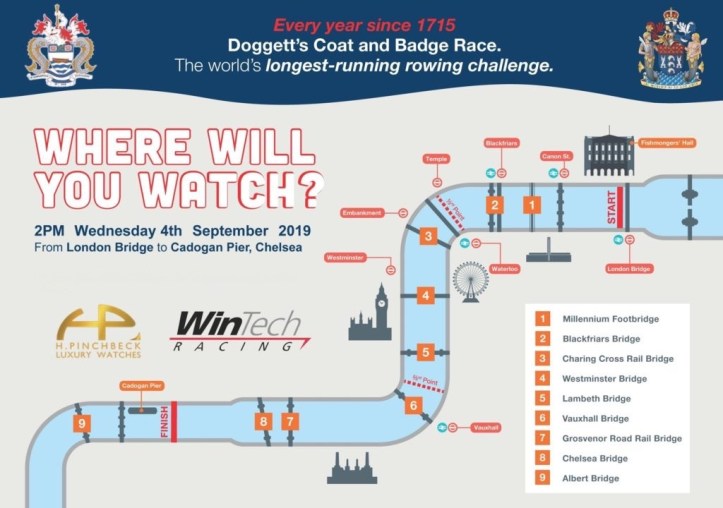
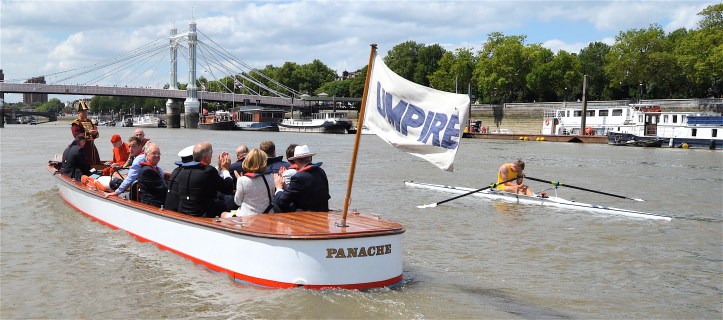

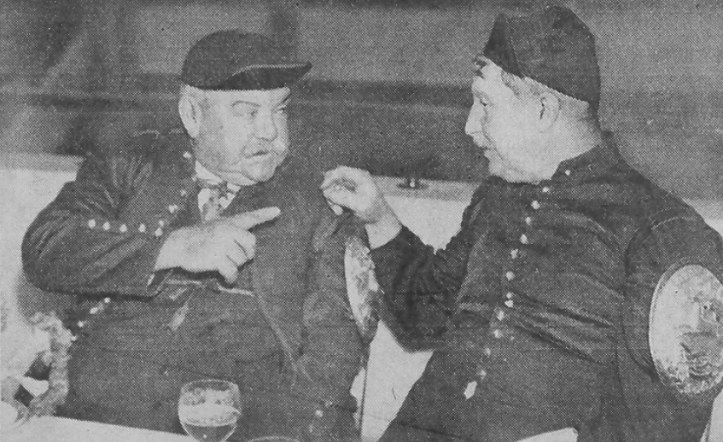
Click on the above to view a 30-minute film commissioned by the Thames Festival Trust that follows the lead up to the 2018 race and interviews past winners and competitors about this unique event. The Trust runs the month long Totally Thames Festival, ‘an annual celebration of the River Thames with a creative and diverse programme that inspires, connects and enthrals’.

Last year’s winner, Alfie Anderson said: ‘It’s hard to describe what winning the Doggett’s Race means to any waterman. It’s not just the genuine prestige attached to taking the title, it’s about joining decades of River Thames workers who have participated over the years, with many families able to trace their connection to the race back through many generations. It’s also an extremely tough challenge, both mentally and physically, requiring hours of practice. I wish all this year’s hopefuls the very best of luck’.

Another delicious plate of Kochery! Thank you, Tim. I had heard that a third “benefit” of winning was being put into the pool of those who were authorized to row royalty about (such as on Gloriana). True? Is there another selection process for that role? Also, the arm badge being worn by Harry Phelps in the first photo is larger than – and different from – the standard Doggett’s badge. Can you identify it? Thanks again.
Tom,
I think that Doggett’s winners stand a greater chance than most other apprenticed served watermen of becoming one of the 24 Queen’s Watermen https://www.royal.uk/queens-watermen and receiving the annual wage of £3.50. Picture: https://heartheboatsing.files.wordpress.com/2017/09/pic-2b.jpg
Harry Phelps is in the costume of the Fishmongers’ Company Bargemaster and was thus, ex officio, the Doggett’s race umpire. Doggett’s is run by the respectable Fishmongers and not the (formerly) roguish Watermen as the latter could not be trusted not to spend Thomas Doggett’s legacy in the pub. However, the Fishmongers’ Bargemaster is always a Doggett’s winner.
Picture: https://heartheboatsing.files.wordpress.com/2017/09/pic-2a.jpg
Tim.
Thank you for this. I am very interested in the buttons however, do you know why they are coned shaped?
Thanks!
No, sorry. It may make it easier to button thick material?